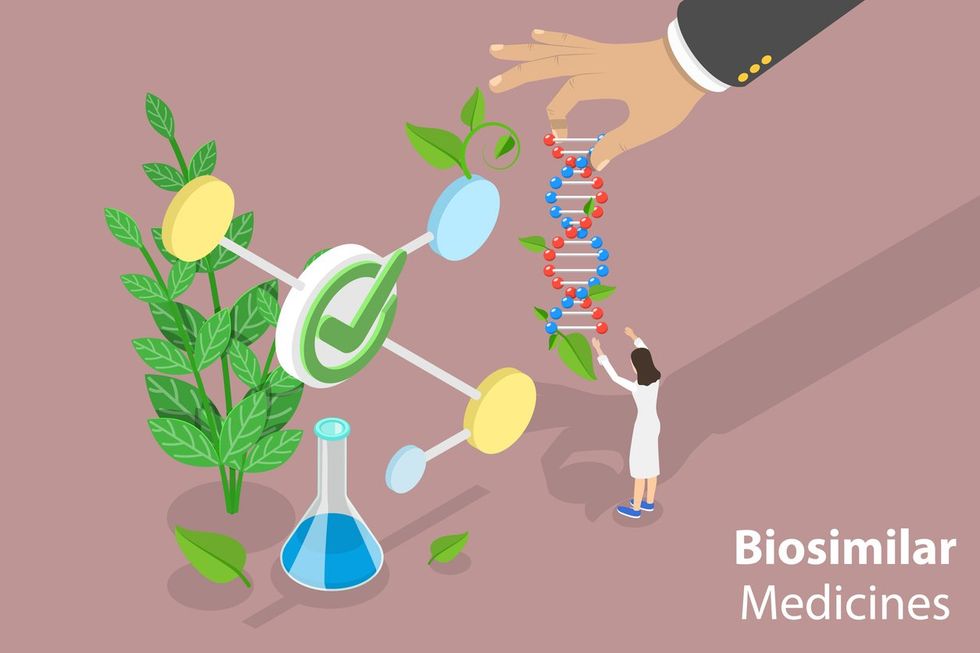
Women in the United States typically spend nearly half of their lives taking prescription drugs, with costs often being a major barrier. Research shows that 43% of women have been unable to fill a prescription due to cost, and nearly 10% have not adhered to their prescribed medication regimen for the same reason.
The rising out-of-pocket costs for prescription drugs, which reached over $633.5 billion in 2021, are a significant concern for many individuals, especially those who require biologic and biosimilar medications.
Biologic drugs, made from living cells, are commonly used to treat conditions like cancer, diabetes, and autoimmune disorders, but they come with a hefty price tag and limited competition due to lengthy patents. In contrast, biosimilars offer a cost-effective alternative to biologics, usually priced at half the cost of the original drug. Despite their benefits, access to biosimilars can be restricted due to various barriers, including limited insurance coverage and physician reluctance to prescribe them.
Recent government initiatives, such as the Biologics Price Competition and Innovation Act and the Inflation Reduction Act, aim to increase access to biosimilars and reduce overall healthcare costs. By advocating for broader biosimilar access and educating patients, we can work towards a healthcare system that prioritizes cost-effective and efficient treatments for all individuals.





